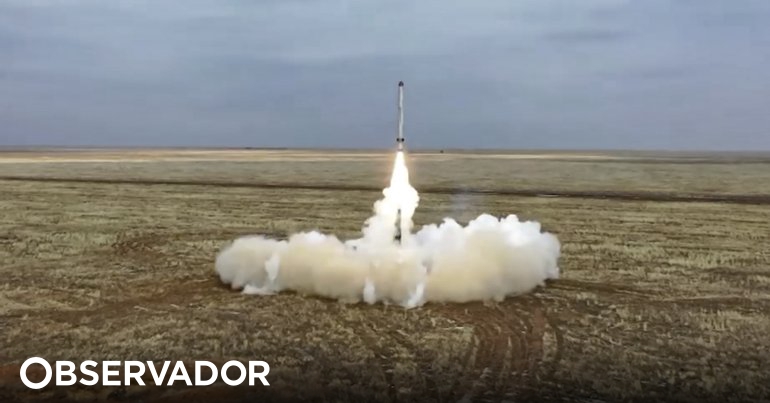Heads of state and government of some of the world’s most powerful economies will meet in the coming days at a luxury hotel about 100 kilometers south of Munich to discuss the common responses the G7 can provide to global challenges. One of the first promises was the ban on Russian gold imports. Here’s what happens in five questions and answers.
When and where will it happen?
The first heads of state and government arrived in Germany on Saturday, for a summit that officially started on Sunday and will end on Tuesday, June 28. It will take place at the Hotel Schloss Elmau, about 100 kilometers south of Munich. It is the same place where the last G7 summit was held under the German presidency, in June 2015.
Who is participating?
Besides German Chancellor Olaf Schulz, US President Joe Biden and French President Emmanuel Macron, who arrived on Saturday, also participated. It was the turn of the British Prime Minister, Boris Johnson, on Sunday, to reach the top. Also participating are the Prime Minister of Italy, Mario Draghi, and his counterparts from Canada, Justin Trudeau, and Japan, Fumio Kishida, all members of the G7. The summit also welcomes other high-level guests, such as the President of the European Council, Charles Michel, the President of the European Commission, Ursula von der Leyen, the Prime Minister of India, Narendra Modi, and the Presidents of Argentina (Alberto). Fernandez), Senegal (Maki Sall), South Africa (Cyril Ramaphosa), and Indonesia (Joko Widodo).
What is on the agenda?
Sunday began with a bilateral meeting between the German chancellor and the US president, but the G7 summit agenda will cover many global issues. On this first day, heads of state and government will search for common answers to the challenge of inflation and threats of recession, but they will also discuss the issue of climate, strengthening partnerships for infrastructure investment and increasing pressure on Russia. Monday kicks off with a meeting with the participation of the President of Ukraine, Volodymyr Zelensky, remotely, via digital means, and the continuation of the new G7 meeting dedicated to climate, energy and health issues. Another remote meeting is also planned with the UN Secretary-General, Antonio Guterres, to discuss global food security and gender equality. On Tuesday morning, multilateral relations and digitization will be considered, before the closing press conference of G7 leaders to present the outcomes of the summit.
What has already been said about the summit?
The British government promised to appeal to G7 members to maintain economic and military support for Ukraine “as long as necessary”. For its part, the Ukrainian government called on the G7 not only to provide more weapons to fight Russia, but also to impose more sanctions on Moscow. In this regard, the US President has already revealed that the Group of Seven is expected to agree to ban the import of gold from Russia on Tuesday. Biden also argued that the G7 and NATO should “stand together” against Russian aggression in Ukraine.
When will the next summit be?
In January, Germany began the rotating presidency of the Group of Seven (which was in 2021 with the United Kingdom), and this week’s summit was the highlight. Over the next few months, G7 ministerial meetings will continue with those responsible for science, urban development, gender equality, trade, foreign affairs and internal management. In 2023, the presidency of the Group of Seven major industrialized countries will pass to Japan, with no calendar of meetings and initiatives to be promoted by the Japanese authorities.

“Writer. Analyst. Avid travel maven. Devoted twitter guru. Unapologetic pop culture expert. General zombie enthusiast.”


